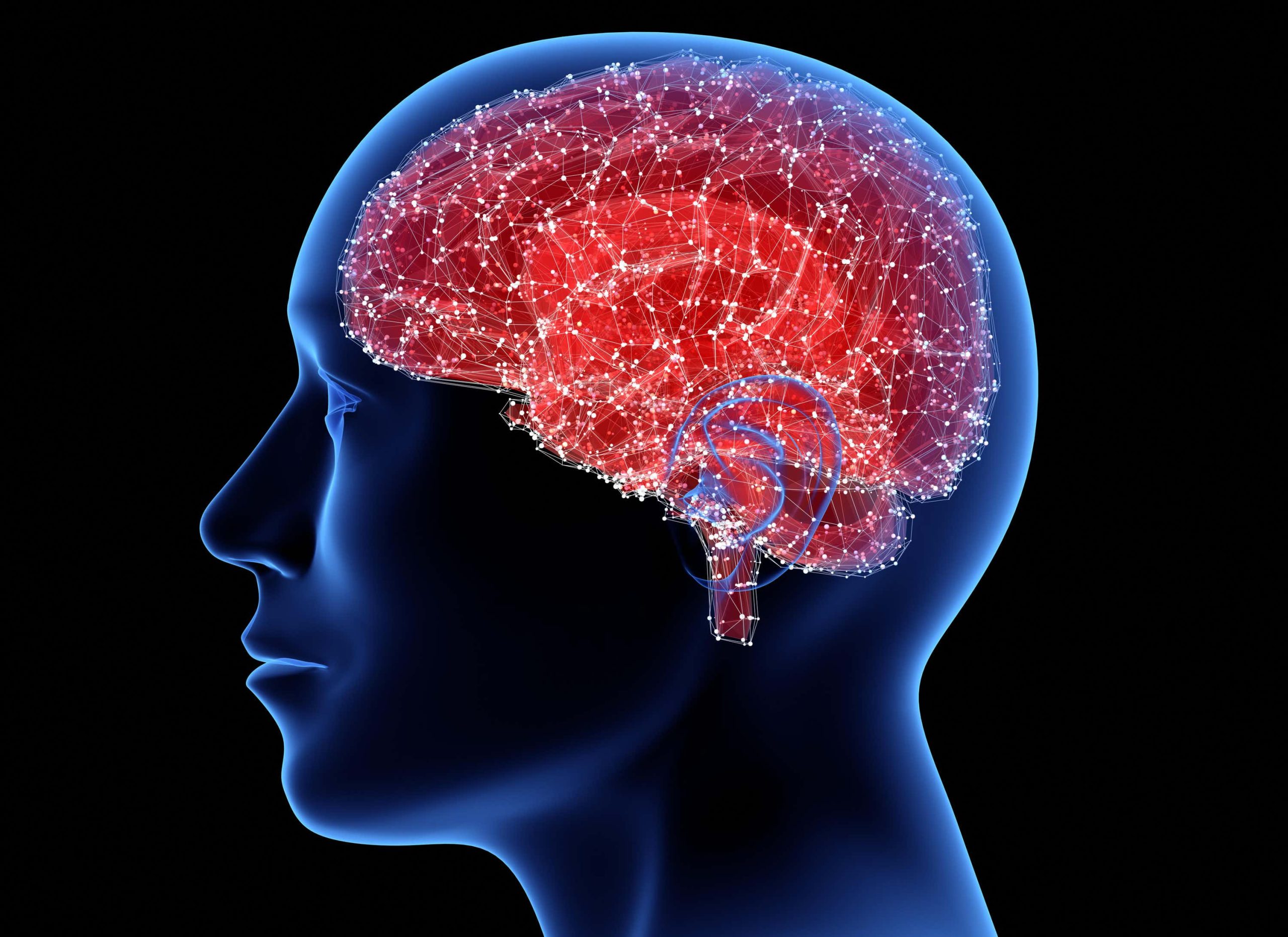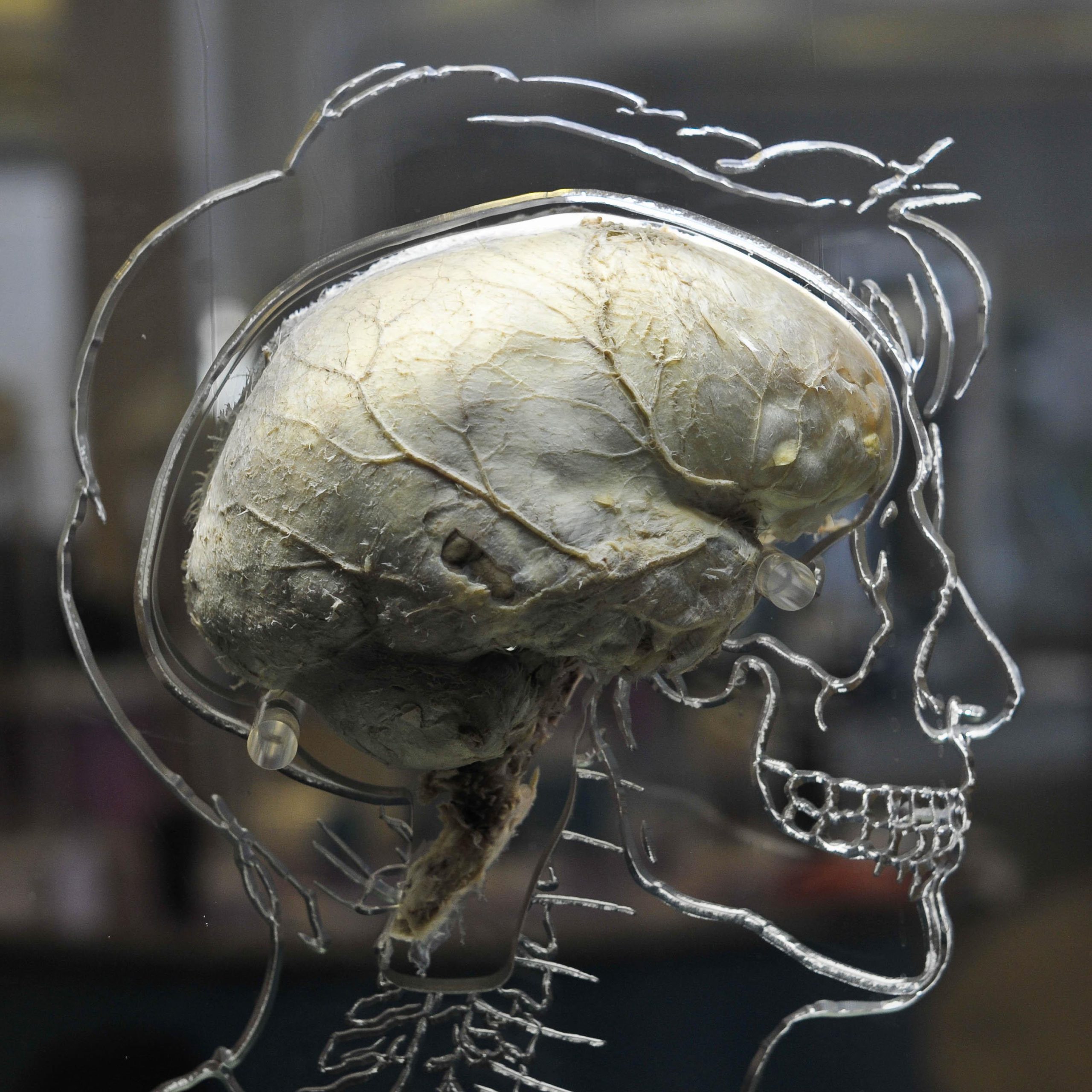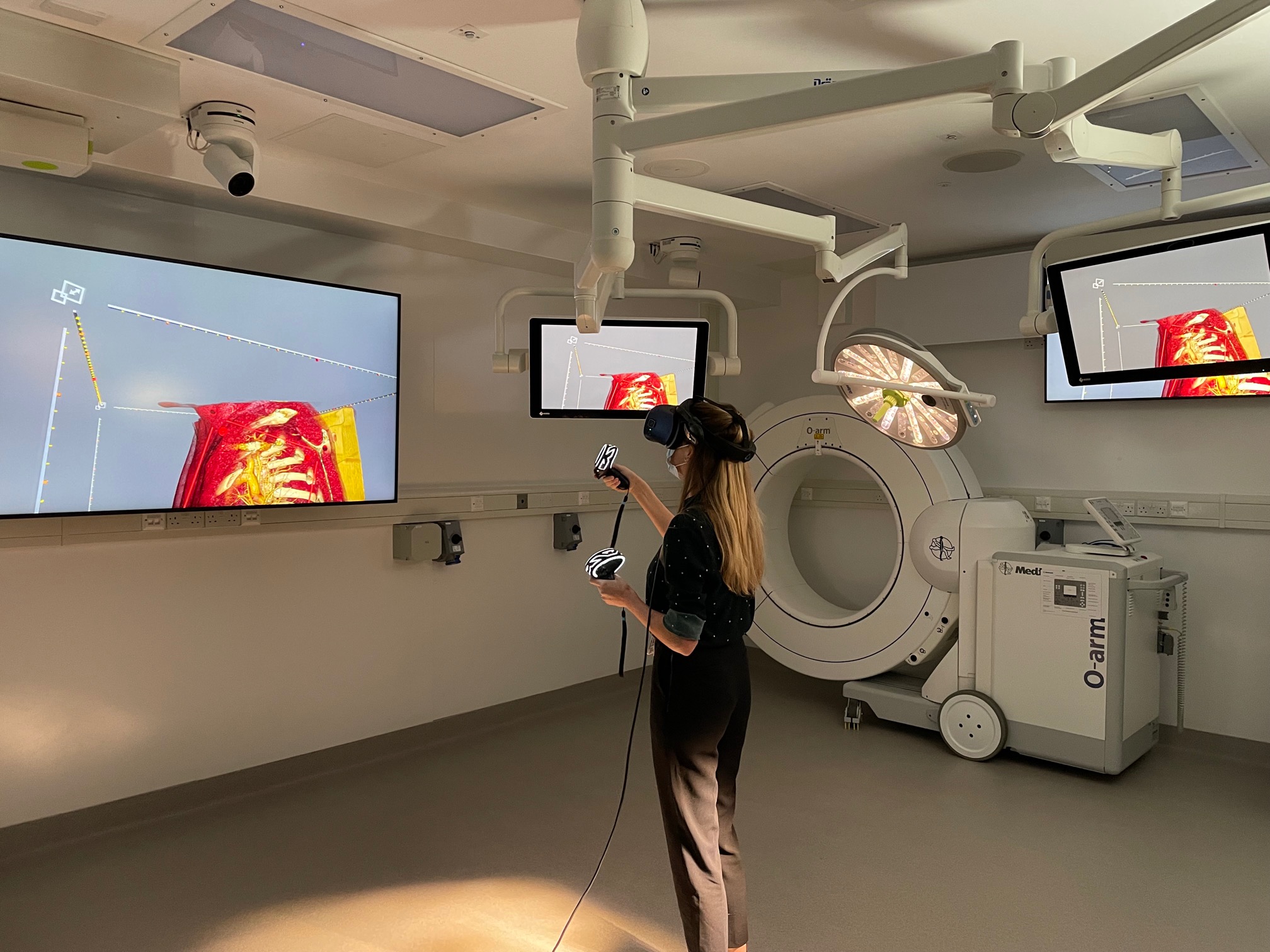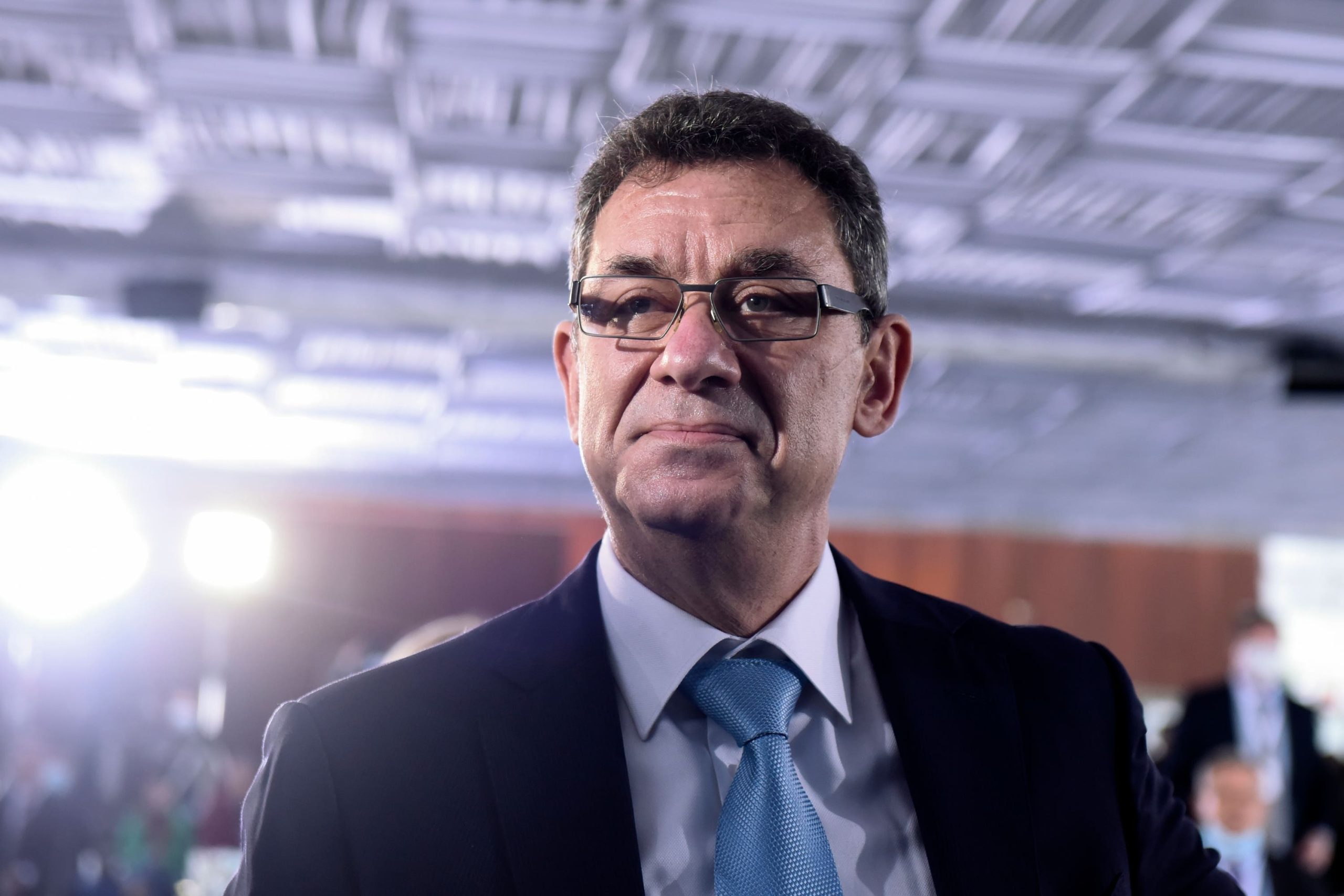First ever recording of dying brain suggests we may recall key life events
Scientists may be closer to answering an age-old question about what happens to the human brain as we die. Neuroscientists accidentally recorded a dying brain while they were using electroencephalography (EEG) to detect and treat seizures
Mental speed stays high until age 60, research suggests
Mental speed does not start to slow until people turn 60, four decades later than previously thought, a new study has suggested. Researchers say their analysis of more than a million people challenges previous assumptions that
New virtual reality technology could help repair hearts
New virtual reality (VR) technology could improve outcomes for the thousands of patients who undergo surgery for heart defects present from birth. Every day in the UK around 13 babies are diagnosed with congenital heart disease
Study examines peanut allergy treatment for children
The younger that children with a peanut allergy are when exposed to controlled doses, the more effective the treatment may be at building a tolerance, research suggests. After two-and-a-half years, the majority of young children given
Artificial pancreas is ‘life-changing’ for very young children, experts say
An artificial pancreas created by the University of Cambridge has proven “life-changing” for very young children with Type 1 diabetes, experts say. The device is more effective at managing blood sugar levels than current technology and
Pfizer boss Albert Bourla wins Genesis Prize for vaccine development
Albert Bourla, chairman and chief executive of global pharmaceutical giant Pfizer Inc, was awarded the prestigious Genesis Prize for his efforts in leading the development of a Covid-19 vaccine. The one million US dollar award is





